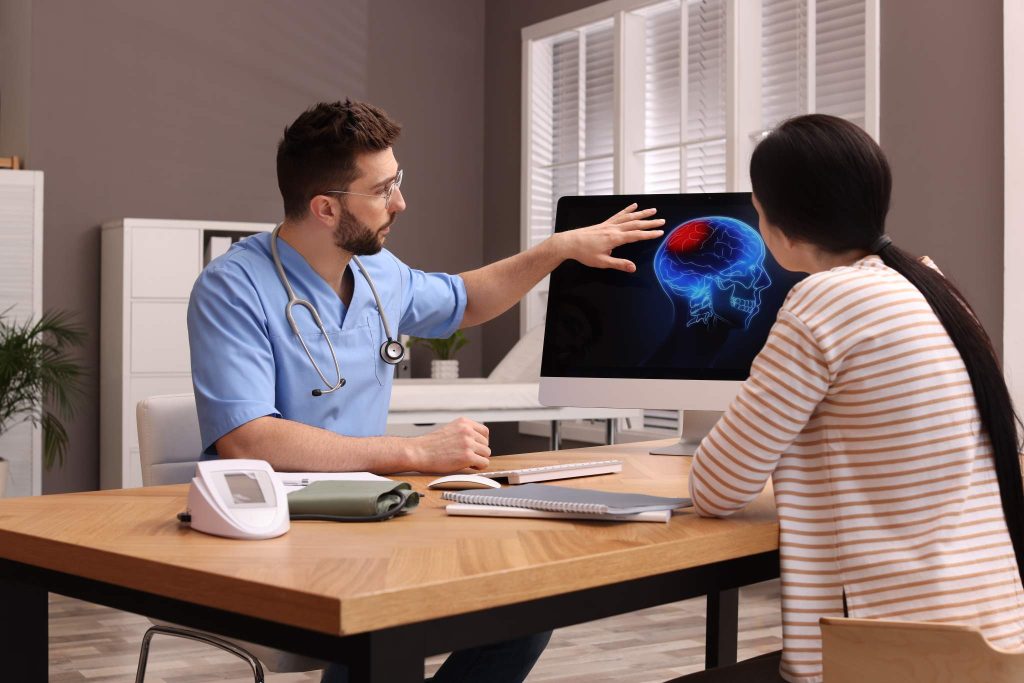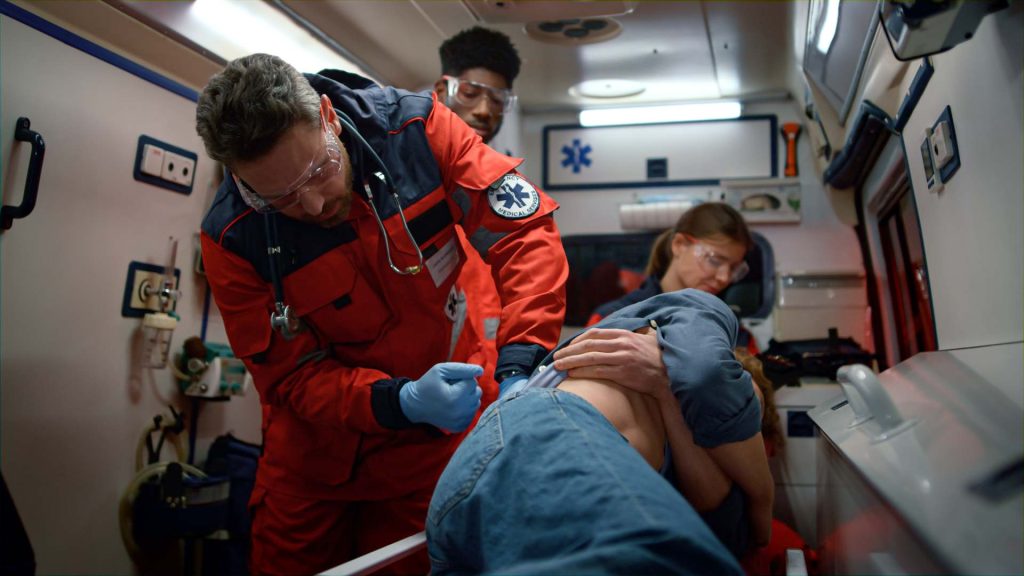During a car accident, the body absorbs a huge amount of force at once, which can be dangerous in a variety of ways. Much of this force is applied to the back and the spine, and because of the complex nature of the spine, injury to the bones, muscles, joints, tendons, ligaments, and nerves are all possible and can have severe consequences, including pain, weakness, and even paralysis. Any car accident injury should be treated immediately, but back injuries especially require care and attention.
Signs of Back Injuries
Even minor back pain, discomfort, or abnormal symptoms should be taken seriously after a car accident. With many of these issues, symptoms may not appear for hours or days after the original accident, and they may start to appear as very minor problems that worsen over time.
Some common symptoms of back injuries include:
- Pain anywhere in the back, neck, or extremities
- Pain that radiates down the buttocks and legs
- Stiffness
- Numbness or tingling in the arms, hands, legs, and feet
- Difficulty standing or walking
- Muscle spasms
Most Common Back Injuries Caused by Car Accidents
Whiplash
One of the most common injuries that results from car accidents is whiplash, when the head and the neck jerk suddenly forward then backward upon impact. This can strain and tear the muscles, ligaments, and tendons in the neck, which impacts the cervical spine and can cause lasting back pain when untreated. Many times, whiplash isn’t considered a serious condition or treated properly, causing long-term complications in the neck and back.
Soft Tissue Injuries
Things like sprains, strains, and tears in the muscles, tendons, and ligaments throughout the back are known as soft tissue injuries. These can lead to significant pain, tenderness, stiffness, or muscle spasms during the healing period.
Herniated and Ruptured Discs
During the impact of a car accident, the body absorbs an extreme amount of force. When this happens, the soft gel-like discs that sit between your vertebrae can slip out of place, crack, or rupture. This is called a herniated disc and can be painless on her own, but when the disc compresses a nerve in the lumbar or cervical spine, it can cause serious pain, including sciatica. Other symptoms could include weakness and numbness or tingling down the leg and foot, or the arms and legs if the disc is in the cervical spine.
Fractures
The sheer force of an accident can be so strong that it causes vertebrae in the spine to fracture. The most common type of fracture is known as a compression fracture, when significant stress or pressure causes small cracks or fissures in the bone. More severe fractures can damage the spinal cord and the surrounding nerves, requiring immediate medical care.
Spinal Cord Injuries
Spinal cord injuries are the most dangerous type of back-related car accident injury. If your spinal cord is bruised, lacerated, or damaged from extreme pressure, it can lead to nerve damage or paralysis without proper medical attention. This is why it is best not to move until an EMS is able to help you after a crash.
Spinal Stenosis
Spinal stenosis is a degenerative condition that causes narrowing in the spinal canal and is not brought on by a car accident. However, the collision can cause a person with asymptomatic stenosis to begin feeling the symptoms early, many years before you would have naturally.
What To Do After a Back Injury
Even if you don’t feel any pain after a car accident, it’s important to visit a doctor as soon as possible. Injuries like whiplash or soft tissue damage may not be apparent for days but can be identified early by a skilled provider, allowing treatment to begin sooner and preventing the injury from worsening.
If the first responders feel you need to be transported to the hospital, that will be your best form of care. But if you need to find your own care, visiting your primary care physician is not always the best option. While they know your medical history, a PCP is likely not trained to identify and treat these back injuries and will likely refer you to a specialist. This can take extra time, further delaying your treatment.
At AICA Orthopedics, our specialists see car accident victims every day and are trained to treat these specific back issues. Whether you are experiencing symptoms or are still in the delay period, call us to schedule your first appointment today.





